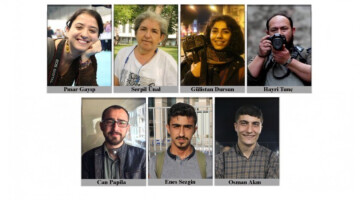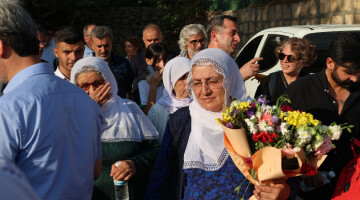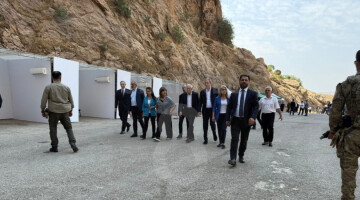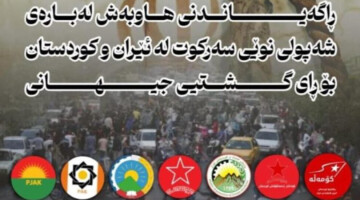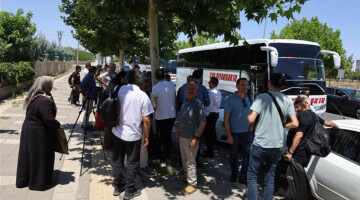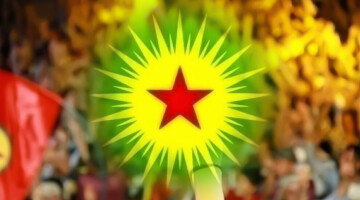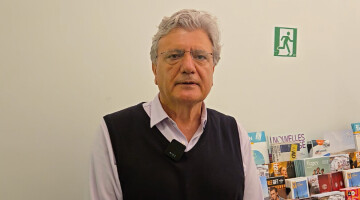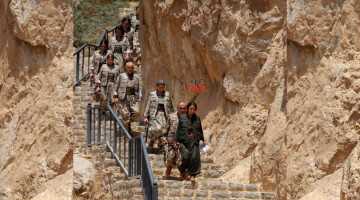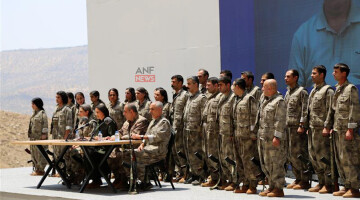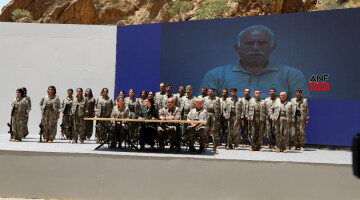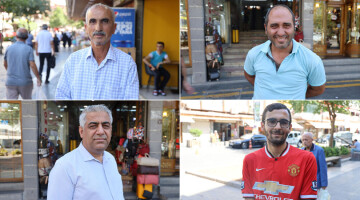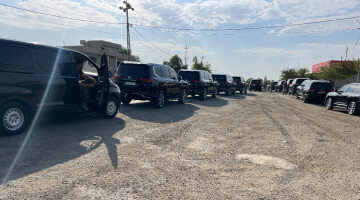19 years ago today, 42 civilians (including 11 children and 13 women) were murdered in Xakurke’s Kendakola region by Turkish fighter jets. The murderers were never held to account, and the people of Kendakola have faced new massacres.
Turkish jets dropped barrel bombs on Xakurke’s Kendakola region, known as Bradost, in the triangle between Bashur (South), Bakur (North) and Rojhilate (East) Kurdistan on August 15, 2000. The Turkish government at the time said the massacre happened by accident and tried to cover it up.
Iraqi and Federal Kurdistan governments were silent then, and have remained silent for 19 years. As we enter the 20th year of the massacre, there has been no investigations or lawsuits on the massacre. The silence in Kendakola created the basis for the Kortek and Roboski massacres, and encouraged the Turkish state to embrace massacring as a method.
SIGNS OF THE MASSACRE REMAIN
The people of Bradost, 19 years after the Kendakola massacre, are facing the same invasion policies and new massacres today. The invading Turkish army launched attacks against South Kurdistan on May 26, and as the attacks continue in Bradost, the mountains, plains, valleys and residential areas are bombed every day.
In Kendakola, the signs of a massacre remain. The barrel bombs dug huge craters, and the felled trees, children’s toys and slippers are exactly where they were still.
FACING NEW MASSACRES
ANF met survivors at ground zero and listened to their testimony. Weysi Xidir Resho said Turkish jets bombed their villages and homes back then and that they are facing a new risk of massacre today.
Weysi Xidir Resho said: “This year we are facing a great threat. Turkish forces came and invaded our plains and highlands. We have nowhere to take our animals grazing. They bomb our lands with jets, with mortars. We want them out at once. I am calling on the South Kurdistan and Iraqi governments, end your partnership with invaders. The issue is not the PKK. Their aim is to invade Kurdistan. Back in 2000, 42 members of our clan were murdered by jets. They want to do the same today.”
WE WON’T LEAVE OUR LANDS
“The Turkish state wants to tear us away from our lands,” said Resho and continued: “My house was bombed in 1994. We didn’t leave. They attacked again in 2011. My cousin Celal was killed. Our children are traumatized. Our living spaces are under threat. This is the case for 30 years. How much longer? When will they leave?”
WE CAN’T UNDERSTAND THE SILENCE
A Bradost resident who wishes to be identified as Kurdo said he lost many relatives in the Kendakola massacre, and that the threat continues today. Kurdo said the lands are constantly under bombings and continued: “We can’t understand why South Kurdistan officials are silent in the face of what has been happening. We are going through a great economic crisis, we can’t go up to our highlands, our animals are killed in Turkish bombings. They want us to abandon our lands. The Turkish state has occupied our mountains. They must leave. Their goal is to take over all of Kurdistan, not just the Shekif mountain or a few hills.”
BECAUSE THEY WERE NEVER HELD TO ACCOUNT
Kumri Xelef lost her son, daughter in law and two grandchildren in the Kendakola massacre. Years later, she said the South Kurdistan government and all forces are still silent.
Xelef said the murderers were never held to account, and thus attacks continue today: “We raise our children under the shadow of bombs. Xakurke is our land. They must leave our land. I lost my son and his family in the massacre. All must know that we won’t bow down to tyranny. I wish Allah gives strength to the guerrillas who fight in Xakurke and defend our lands with their lives and blood. I am grateful for our valiant children.”

